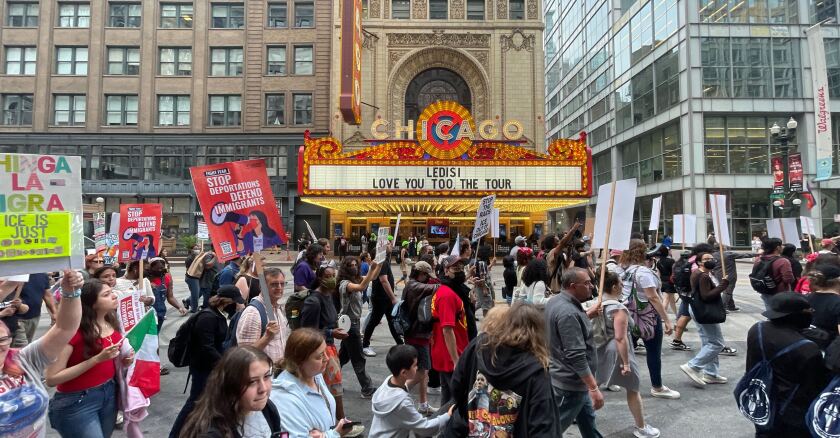In a decision sparking global debate, former President Donald Trump has approved refugee status for white South Africans, citing concerns over “persecution and land-related violence.” The move is being framed by his team as a humanitarian gesture, aimed at protecting individuals allegedly targeted in post-apartheid land reform efforts.
Trump’s administration has long voiced support for white South African farmers, claiming they face systemic threats and economic displacement. In his statement, Trump said, “We are standing up for the forgotten people—those who are facing violence simply because of their heritage.”
The announcement has triggered strong reactions both domestically and abroad. Supporters argue the decision highlights Trump’s commitment to human rights, claiming that some white South Africans have faced increasing crime, farm attacks, and economic marginalization. Conservative commentators have praised the move as long overdue.
Critics, however, say the decision is racially selective and ignores the broader complexities of South Africa’s efforts to address historical inequality. Human rights groups and immigration experts questioned the criteria used, noting that South Africa remains a functioning democracy where legal recourse exists. Some accused Trump of using the issue to appeal to far-right elements of his base.
South African officials responded firmly, stating that while crime and land reform are ongoing national issues, the narrative of “white genocide” is unfounded and politically motivated.
The U.S. State Department has yet to clarify how many individuals will be eligible under this policy or whether similar protections will be extended to other at-risk communities globally.
This decision places U.S.–South Africa relations under strain and is likely to fuel further debate about how refugee policies are shaped—by data, diplomacy, or political agenda.










